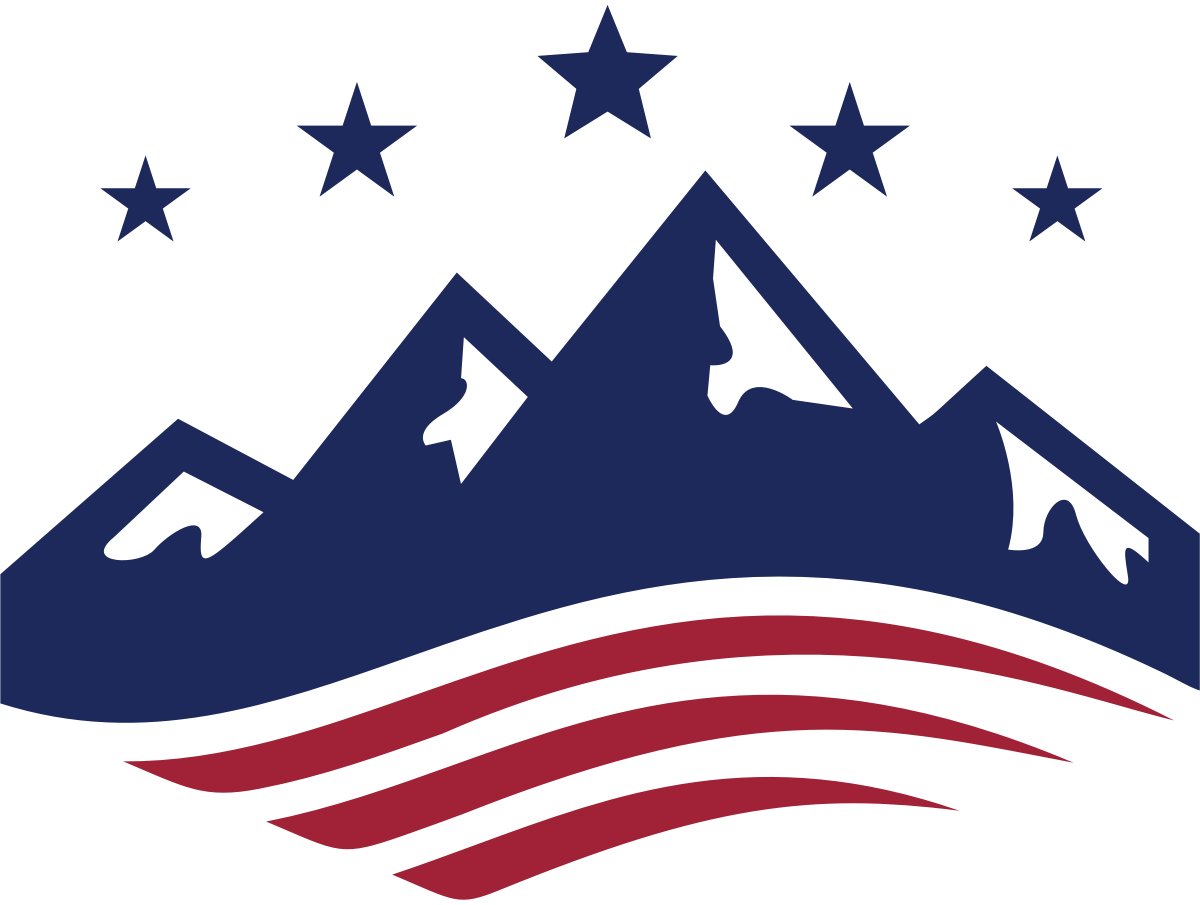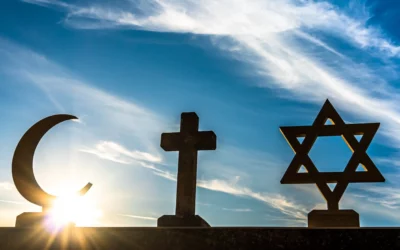
Written by William C. Duncan
June 14, 2023

Last week’s post described a legal challenge by Minnesota parents whose children were prevented from taking part in the state’s concurrent enrollment program by a new law prohibiting schools with a faith requirement from participating. Legislators can, and should, find ways to prevent religious liberty conflicts. Sometimes they do not, and courts are required to intervene.
The Becket Fund for Religious Liberty is a nonprofit law firm that works to protect religious freedom in these instances. Diana Thomson, the Becket Fund attorney representing the affected families in this case, agreed to answer some questions about the case and the state of religious freedom law.
Question: One aspect of this case that is particularly interesting is that there seems to be strong evidence that the Minnesota legislature is singling out religious believers for differential treatment. Why is that so significant?
Diana Thomson: When the government singles out religious people or groups for disfavored treatment because of their religious beliefs or exercise, that is religious discrimination. It’s a serious civil rights violation, and the Supreme Court has said that it is “odious to the Constitution.” Minnesota’s new law says that religious schools and families cannot participate in the PSEO [Postsecondary Enrollment Options] program because of the way they practice their faith, and during debates over the law, legislators pointed to specific religious schools and the schools’ beliefs they disapproved of. But this is not just blatantly unconstitutional, it’s bad for civil society when the government targets specific religious communities for disfavor.
That’s why religious families and schools in Minnesota are standing up against Minnesota’s discriminatory law. They have a right to exercise their religious beliefs without the government threatening to deprive them of public benefits for doing so.
Question: Recent U.S. Supreme Court cases seem to have settled the issue in this case. Any thoughts about why people of faith are being forced to continue to bring cases like this?
Thomson: Some governments have been slower to get the court’s message than others, and some need a little more prodding. Some government officials mistakenly believe that the First Amendment says that the government should treat religion like asbestos – avoiding it at all costs. The Supreme Court has said that’s not what separation of church and state means. In fact, the court has explained that once a state makes a public benefit available to private groups, it cannot bar anyone from receiving that benefit simply because of their religious beliefs or practices. Nevertheless, the old confusion persists. It turns out that Minnesota officials need reminding of what the court has said recently about treating religious groups the same as everyone else.
But unfortunately, it’s not just reminders that some legislators need. There are government officials who act with hostility toward unpopular religious beliefs. An unfortunate number of cases arise because government actors want to force disfavored religious views out of the public square. Sadly, that is part of the story in Minnesota. The legislature took issue with the religious practices embodied in faith statements like those of Crown College and University of Northwestern-St. Paul, and the state decided that it could no longer tolerate those beliefs. But as the Supreme Court has said repeatedly, laws motivated by hostility toward religion are invalid. This case is yet another affirmation of that longstanding principle.
Question: What is the significance of this case for other states and religious freedom conflicts?
Thomson: Religious schools should be free to participate in public programs like Minnesota’s without discrimination. Likewise, religious students should be able to take advantage of state programs on equal footing with students who attend nonreligious schools. This case serves as an important reminder to states across the country that they can’t ignore the Supreme Court’s instructions, and they can’t exclude religious people or religious institutions from public programs on the basis of their faith.

Insights: analysis, research, and informed commentary from Sutherland experts. For elected officials and public policy professionals.

- It is blatantly unconstitutional and bad for society when government singles out religion for disfavored treatment.
- Legislators hostile to religion need courts to remind them that the Constitution does not allow them to treat religious influence as something to be avoided at all costs.
- Religious people should be able to participate in state programs on the same footing as all other citizens.
Read More
Looking at Supreme Court and religious freedom through the lens of the presidential campaign
Two constitutional issues highlight similarities and differences between the Biden and Trump administrations.
Education policy to consider during the 2024 election season
Here’s a look at what each presidential candidate is likely to focus on in education, given their track records and campaign platforms.
Ignoring the text of the Constitution is a mistake
A written Constitution is entirely superfluous if the document is simply meant to give the people what they want.


